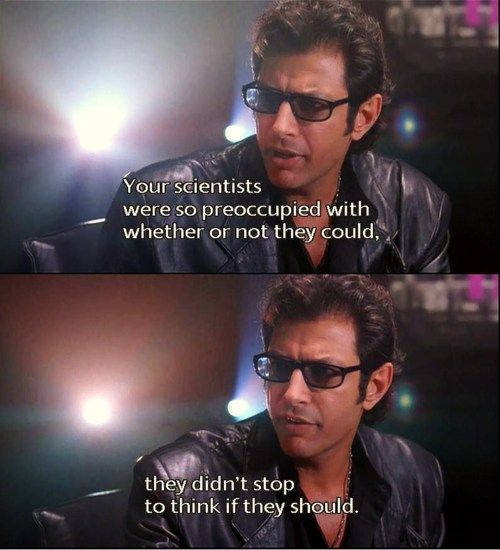August 27-30, DSF’s Digital Internship Program will present an Online Theatre Festival featuring three exciting projects. One project will be based on Doctor Faustus by Christopher Marlowe — here is a post introducing the text:
Christopher Marlowe was the great tragedian of Elizabethan England. He was, of course, the rival to Shakespeare, who was even born in the same year. The Tragical History of Doctor Faustus has been retold and reimagined numerous times over the span of several centuries, but Marlowe’s Faustus was the first big incarnation of the classic tale since the earliest known Wolfenbüttler manuscript.
It plays with the nature of human curiosity, arrogance, superiority complexes, and even boredom… we all know the adage “curiosity killed the cat!”
Faustus is a brilliant scientist who has seemingly learned everything there is to learn about the natural world, from law, philosophy, medicine and many more subjects; he begins to yearn for something more, something beyond this mortal realm, and he delves into the world of magic and the supernatural. Selling his soul in exchange for 24 years of servitude from the devil Mephistophilis. Faustus’ noble curiosity centered around gaining knowledge and wisdom soon falls to childish and selfish antics when armed with the powers of hell at his fingertips.
These cravings become more and more depraved as time goes on, and redemption and forgiveness slip further and further away. Pride wins out, the sands of time stops on his 24 years of frivolity and mean-spirited fun, and he is ultimately torn apart by demons and dragged to hell.
To take a note from Shakespeare, we can ponder the concepts of:
“With great power, comes great responsibility” (Macbeth)
and “There are more things in heaven and earth, Horatio, than are dreamt of in your philosophy.” (Hamlet)
Or the general cautionary wisdom of “be careful what you wish for… you just might get it.”
Or more recently as can be elucidated in the original Jurassic Park film, where Dr. Ian Malcolm, a mathematician who specializes in chaos theory, addresses the creator of the park: “your scientists were so preoccupied with whether of not they could, they didn’t stop to think if they should.”
Which leads to an interesting quandary for us all. What would you do if you had all the power in the world?
If given the means, are we all as good or as noble as we like to think we are?
by Amandine Edwards
DSF Digital Internship Program Participant
